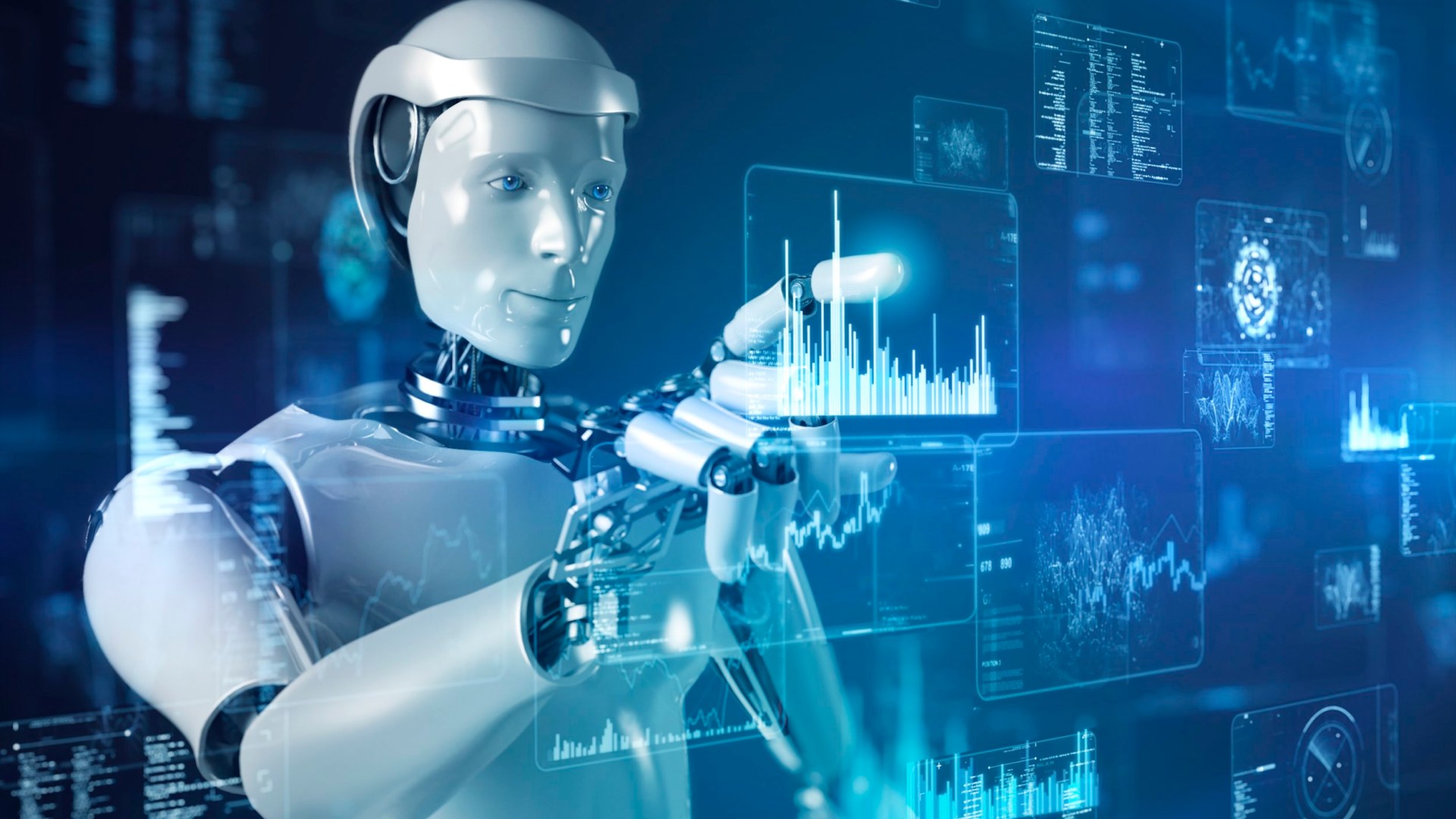Science
Twelve Professions Resilient Against AI Disruption

The rise of artificial intelligence (AI) has sparked widespread debate about its impact on the workforce. While AI technologies are increasingly integrated into daily life—from chatbots offering support to smart home devices—certain professions remain secure from automation. According to a report by LiveCareer UK, twelve jobs are expected to withstand the influence of AI due to their reliance on human skills, creativity, and emotional intelligence.
Healthcare Professionals and Their Essential Human Touch
In the field of healthcare, the need for hands-on physical work combined with empathy is irreplaceable. Healthcare professionals navigate unpredictable health scenarios that require human judgement and compassion. As the report highlights, qualities such as trust, medical knowledge, and adaptability ensure that this sector will remain firmly in human hands.
The Creative Edge
Creative professionals also find their roles secure, as AI struggles to replicate originality and imagination. Studies indicate that human creativity, cultural nuance, and storytelling expertise stem from individual experiences and insights. This inherent ability to innovate and connect with audiences keeps creative fields thriving amidst technological advancements.
Skilled trades represent another area where human dexterity and problem-solving skills are paramount. These jobs require technical knowledge and on-site decision-making that AI cannot effectively replicate. The report suggests that tradespeople possess situational judgement and manual skills that remain out of reach for machines.
The Role of Educators
Educators and trainers play a critical role in nurturing and inspiring students beyond mere knowledge transfer. While information is readily accessible online, the personal connection and mentorship provided by teachers are irreplaceable. Communication, empathy, and adaptability are essential traits that underpin effective teaching, ensuring it remains a fundamentally human endeavour.
Strategic roles, including upper-level strategists and analysts, demand context and decision-making abilities in uncertain environments. The analytical thinking and leadership skills required in these positions are qualities that AI cannot replicate. Human judgement continues to be vital in navigating complex decisions.
Research scientists and engineers also rely on human curiosity and critical thinking to drive innovation. While AI can assist in data analysis, it lacks the intrinsic motivation to explore and initiate research. The report emphasizes that breakthroughs often arise from human inquiry rather than automated processes.
Customer service representatives require a unique blend of problem-solving skills and emotional intelligence. Human representatives can provide genuine empathy and adaptability, creating a well-rounded customer experience that AI cannot match. Authentic connections are essential for effective service, and AI’s limitations in this area are significant.
The Importance of Human Judgement in Law
Legal professionals, including judges, navigate complex ethical considerations that extend beyond the law. The application of justice requires human reasoning, advocacy, and fairness—qualities that AI cannot possess. In these roles, the need for analytical thinking and ethical judgement underscores the importance of human involvement.
Social workers and mental health professionals operate in environments that demand high levels of empathy and human connection. Trust and emotional support are crucial for assisting vulnerable individuals, and AI lacks the ability to forge these deep connections. While technology can provide advice, it cannot replicate the human touch required in these fields.
Environmental and sustainability experts face challenges that necessitate ethical oversight and big-picture analysis. Addressing climate issues demands human accountability and systems thinking, which AI is not equipped to handle independently. The report highlights that these professionals play a critical role in navigating complex environmental challenges.
Finally, staff in the hospitality and care sectors rely on genuine warmth and interpersonal skills to create memorable experiences. Emotional intelligence and service orientation are critical, making these jobs inherently human. The ability to adapt and connect with others ensures that AI cannot fully take over these roles.
As AI continues to evolve, the importance of human skills in various professions remains clear. The twelve jobs identified by LiveCareer UK exemplify the enduring value of empathy, creativity, and judgement in a world increasingly influenced by technology.
-

 Entertainment1 month ago
Entertainment1 month agoAimee Osbourne Joins Family for Emotional Tribute to Ozzy
-

 Politics1 month ago
Politics1 month agoDanny Healy-Rae Considers Complaint After Altercation with Garda
-

 Top Stories4 weeks ago
Top Stories4 weeks agoIreland Enjoys Summer Heat as Hurricane Erin Approaches Atlantic
-

 World2 months ago
World2 months agoHawaii Commemorates 80 Years Since Hiroshima Bombing with Ceremony
-

 Top Stories2 months ago
Top Stories2 months agoFianna Fáil TDs Urgently Consider Maire Geoghegan-Quinn for Presidency
-

 World2 months ago
World2 months agoGaza Aid Distribution Tragedy: 20 Killed Amid Ongoing Violence
-

 World2 months ago
World2 months agoCouple Convicted of Murdering Two-Year-Old Grandson in Wales
-

 World2 months ago
World2 months agoAristocrat Constance Marten and Partner Convicted of Infant Murder
-

 Top Stories2 months ago
Top Stories2 months agoClashes Erupt Between Far-Right Groups and Migrants in Spain
-

 Top Stories2 months ago
Top Stories2 months agoHistoric Dalkey Pub The Queens Reopens Under New Management
-

 World2 months ago
World2 months agoTrump Defends FBI Deputy Director Amid Epstein Files Controversy
-

 Politics2 months ago
Politics2 months agoTragic Crowd Surge at Gaza Aid Center Claims 20 Lives









